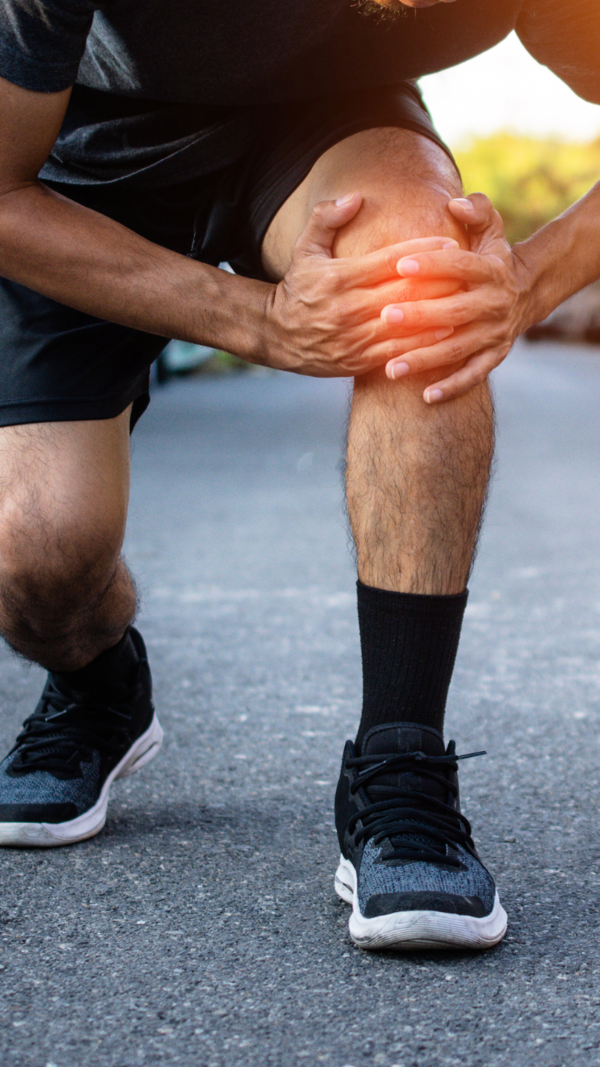- News
- City News
- delhi News
- Kashmiri Muslims Shift To Ghetto Living In Delhi After Terror Attack
Trending
Kashmiri Muslims Shift To Ghetto Living In Delhi After Terror Attack
New Delhi: In the soft light of dawn, a young Kashmiri student hurriedly steps out of his flat in south Delhi's Malviya Nagar to receive an online grocery delivery. He keeps his head down, avoids making conversation and quickly retreats inside — a new routine shaped by a deep sense of fear since Tuesday's terrorist attack in Pahalgam that claimed 26 innocent lives.
Since Tuesday, Kashmiris living in Delhi — students and working professionals alike — have been living cautiously, avoiding public spaces and keeping a low profile to shield themselves from any possible backlash. "The atmosphere changed overnight," said the Kashmiri student, who hasn't stepped out of his flat for days. "After hearing about the aggression against Kashmiris in nearby states, I decided it was safer to stay indoors. I manage groceries online and avoid public spaces as much as possible."
You Can Also Check: Delhi AQI | Weather in Delhi | Bank Holidays in Delhi | Public Holidays in Delhi
The brutality of Lashkar-e-Taiba and its affiliate The Resistance Front in targeting male tourists at Pahalgam, identifying them based on their religion and subjecting them to execution-style killing has sparked widespread outrage across the country. Kashmiris living outside their home state have silently borne the brunt of this anger — facing stereotyping, suspicion, and, at times, violence.
In Delhi, many Kashmiris have quietly shifted to ghetto living — several people crammed into a single flat — or have moved into Muslim-majority neighbourhoods where they feel relatively safer. Some have cut down on outdoor movement, many have sought permission from employers to work from home.
"We don't speak Kashmiri in public anymore," said a 28-year-old professional. "In places like the Delhi Metro or buses, it's easy for people to recognise the language. We try to blend in or stay indoors as much as possible."
The sense of insecurity in the capital, while acute, is, however, less than in other places. In Uttarakhand's Dehradun, for instance, several Kashmiris were reportedly asked by landlords to vacate their houses. In parts of Uttar Pradesh, videos and messages calling for action against Muslims have been circulated.
The Jammu and Kashmir Students' Association, which has been receiving distress calls from these regions, said many students and professionals have been forced to abandon their work and education to return home. "In Delhi, no direct threats or eviction notices have been reported so far," said Nasir Khuehami, president of JKSA. "But fear and mental harassment are real. Many have chosen to go underground — shifting homes, staying with friends."
Khuehami added, "We have a WhatsApp group for Kashmiri students and professionals from across the country. Any reports of threats or violence against them are shared on this group and we promptly report such incidents to the authorities for intervention."
Survival is now about staying invisible. "Locals can often identify a Kashmiri. So even going to a neighbourhood grocery shop feels unsafe," said another student. "We left Kashmir hoping for better education, better jobs and a better life. But even here, every few months, our identity puts us at risk."
While no incidents of violence against the community have been reported in Delhi so far, the underlying fear the Kashmiris feel — of being seen not as individuals, but as suspects — persists. "Our struggle isn't just about staying safe from violence," said one student quietly. "It's about surviving suspicion, surviving isolation and somehow holding on to dignity."
According to JKSA, there are 3,000-4,000 Kashmiri Muslims living in Delhi alone. In other states, thousands of Kashmiri Muslim students and professionals also reside. For this report, the names and specific localities of individuals interviewed have been withheld to protect their identities and ensure their safety. All spoke on condition of anonymity.
End of Article
Follow Us On Social Media










